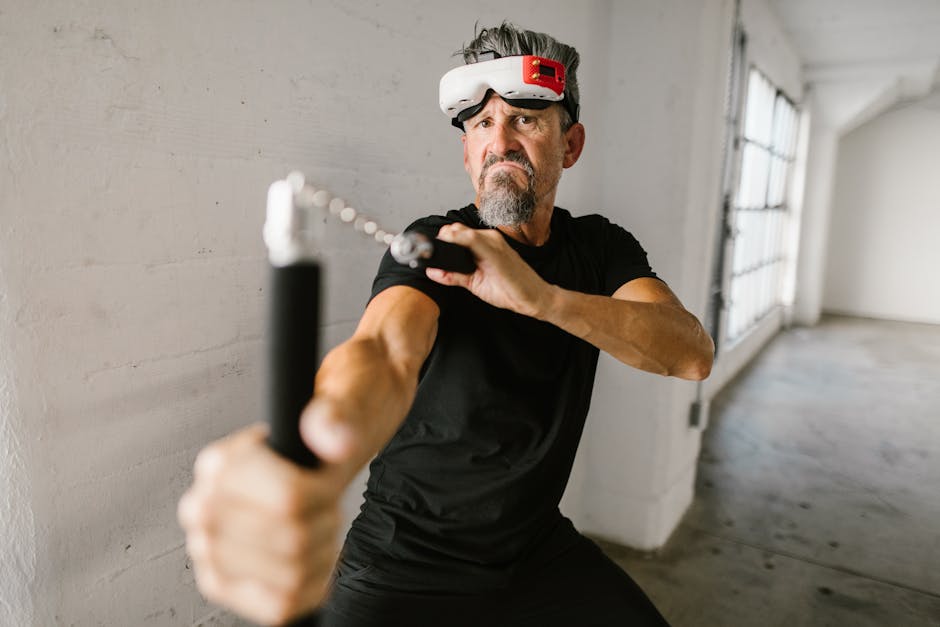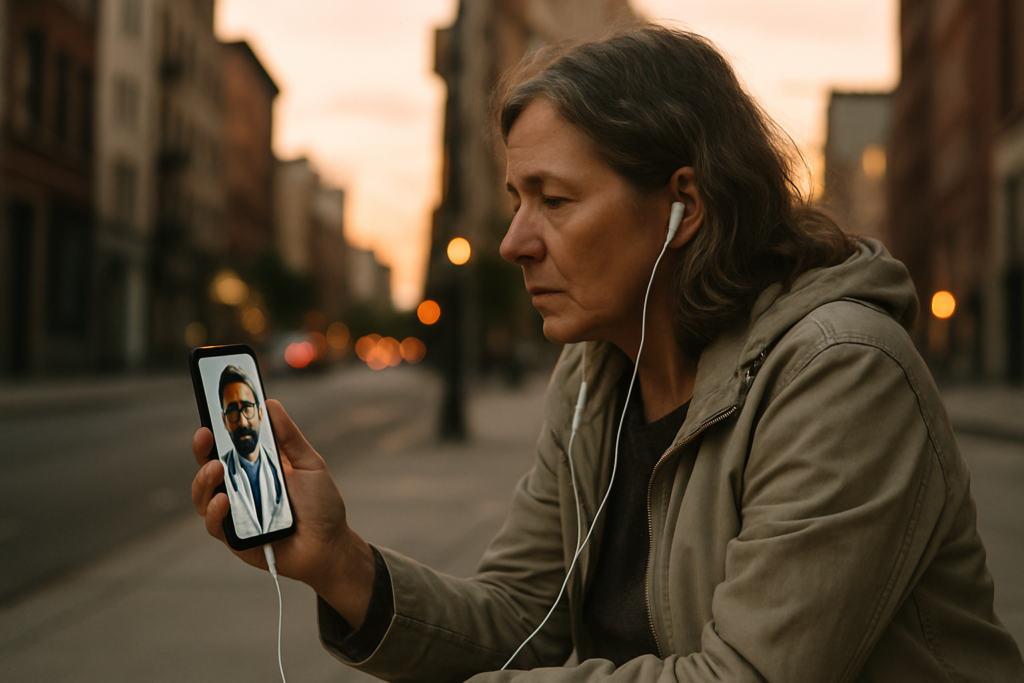In today’s fast-paced healthcare environment, staying ahead in infectious disease management is crucial. That’s why I’m excited to explore how Virtual Reality (VR) is revolutionizing the training of healthcare workers in infectious disease protocols. With VR technology, I’ll delve into how healthcare professionals can immerse themselves in realistic scenarios, honing their skills in a safe and controlled virtual environment.
As I uncover the benefits of using VR for training, I’ll discuss how this innovative approach enhances knowledge retention, improves decision-making under pressure, and ultimately elevates patient care standards. Join me on this journey as we discover the transformative impact of VR in equipping healthcare workers with the expertise needed to combat infectious diseases effectively.
Overview of VR Training in Healthcare
Exploring the realm of VR training in the healthcare sector unveils a groundbreaking approach to equipping healthcare workers with essential skills in managing infectious diseases. VR technology revolutionizes traditional training methods by immersing medical professionals in lifelike scenarios within a safe virtual environment, offering unparalleled opportunities for skill enhancement.
Incorporating VR into healthcare training programs brings forth a multitude of advantages. Enhanced knowledge retention is one of the fundamental benefits, as healthcare workers can engage with interactive simulations that mimic real-life situations.
This interactive learning experience not only boosts retention but also cultivates practical expertise by allowing professionals to practice decision-making under pressure.
Furthermore, VR training elevates the standards of patient care by enabling healthcare workers to refine their skills in a risk-free setting. The immersive nature of VR simulations facilitates the development of critical thinking and problem-solving abilities, preparing healthcare professionals to navigate complex situations with confidence and precision.
In essence, the utilization of VR technology in healthcare training marks a significant shift towards experiential learning, empowering healthcare workers with the necessary tools and expertise to effectively combat infectious diseases and optimize patient outcomes.
Benefits of VR Training for Healthcare Workers
Virtual Reality (VR) training for healthcare workers offers a myriad of advantages that significantly enhance the learning experience and ensure a safe and controlled environment for skill development.
Enhanced Learning Experience
Immersive VR environments provide healthcare professionals with realistic scenarios that simulate actual patient interactions, surgeries, or emergency situations. By engaging in hands-on experiences within a virtual setting, healthcare workers can practice critical procedures repeatedly until they are proficient, leading to better skill retention and application in real-world scenarios.
This interactive and experiential learning approach fosters deeper understanding, retention of complex concepts, and improved decision-making abilities.
Safe and Controlled Environment
VR training creates a safe space for healthcare workers to practice high-stress or risky procedures without any real-world consequences. By offering a controlled environment, VR simulations allow professionals to make mistakes, learn from them, and refine their skills without jeopardizing patient safety.
This risk-free setting promotes confidence-building among healthcare workers, enabling them to handle challenging situations with competence and precision when faced with infectious disease outbreaks or emergencies.
Challenges of Implementing VR Training in Healthcare
Implementing VR training in healthcare presents several challenges that need to be addressed for successful integration into existing protocols.
Cost and Accessibility
- Securing funding for VR equipment and software can pose a significant barrier, especially for smaller healthcare facilities.
- Ensuring accessibility to VR training for all healthcare workers, including those in remote or underserved areas, may require innovative solutions for widespread adoption.
VR Applications in Infectious Disease Protocols Training
Exploring the realm of Virtual Reality (VR) applications in infectious disease protocols training unveils a myriad of benefits for healthcare professionals. Immersing myself in VR scenarios allows for an unparalleled experiential learning experience.
It’s a transformative tool that enhances critical thinking skills and problem-solving abilities essential for effectively managing infectious diseases.
The interactive nature of VR training not only elevates knowledge retention but also prepares me for real-world situations where quick decision-making is crucial. This lifelike simulation fosters a risk-free environment for refining skills and honing techniques that are directly applicable to patient care standards.
Despite the evident advantages of VR training, challenges persist in its widespread implementation within healthcare settings. Issues such as securing adequate funding for VR equipment and software pose significant barriers.
Additionally, ensuring accessibility to VR training for all healthcare workers, especially those in remote or underserved areas, remains a critical consideration for successful integration into existing infectious disease protocols.
Future Potential of VR Training in Healthcare
Exploring the future potential of Virtual Reality (VR) training in healthcare excites me. As technology advances, VR stands out as a game-changer in shaping the training landscape for healthcare workers.
The immersive nature of VR not only enhances skill acquisition but also revolutionizes the way professionals interact with training material.
In healthcare, the future of VR training holds immense promise. Imagine healthcare workers being able to simulate complex surgical procedures or practice response protocols for infectious disease outbreaks in a safe yet realistic environment.
This level of hands-on experience can significantly boost preparedness and confidence among professionals.
Furthermore, the data-driven feedback mechanisms integrated into VR modules offer personalized insights into the performance of each individual. This tailored approach to training can identify areas for improvement and optimize the learning experience based on specific needs.
The scalability of VR training also presents a bright future for healthcare education. With VR headsets becoming more affordable and accessible, training programs can reach a broader audience, including remote areas where traditional training methods might be challenging to implement.
The future potential of VR training in healthcare is vast. By leveraging this technology to its fullest extent, we can ensure that healthcare workers are equipped with the necessary skills and expertise to provide optimal care to patients, especially in critical scenarios like infectious disease outbreaks.
As we continue to overcome challenges and embrace innovation, VR training is poised to revolutionize healthcare education and set new standards for professional development in the field.



